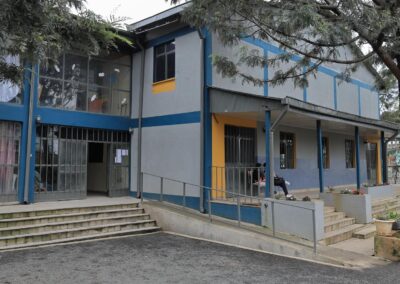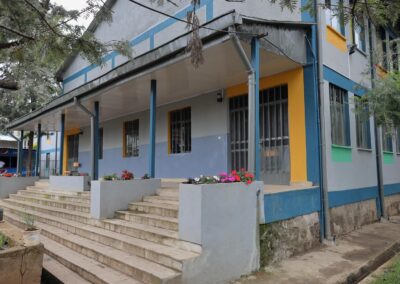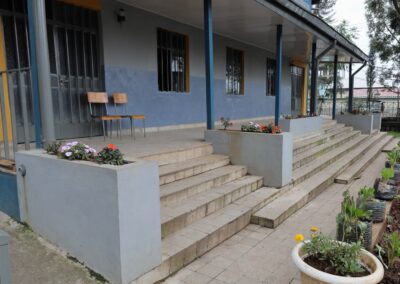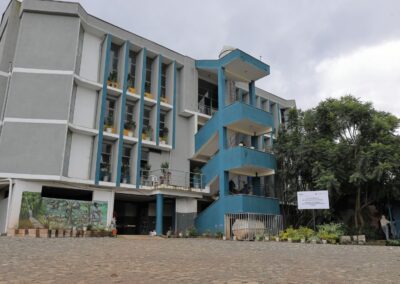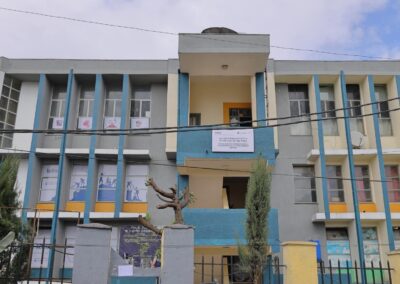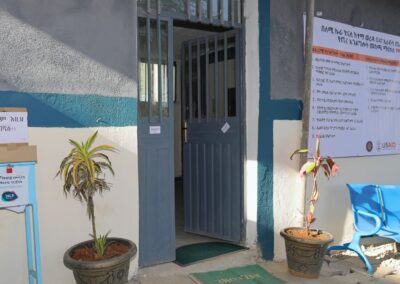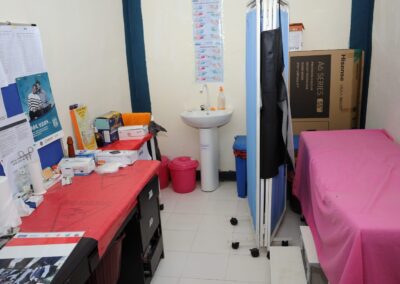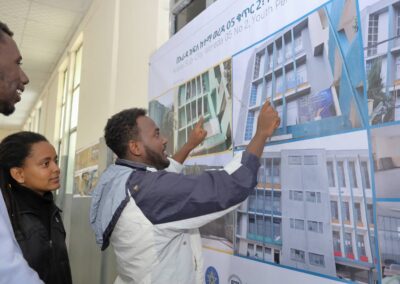World Contraception Day:
Addressing the Need for Contraceptive Services in Ethiopia
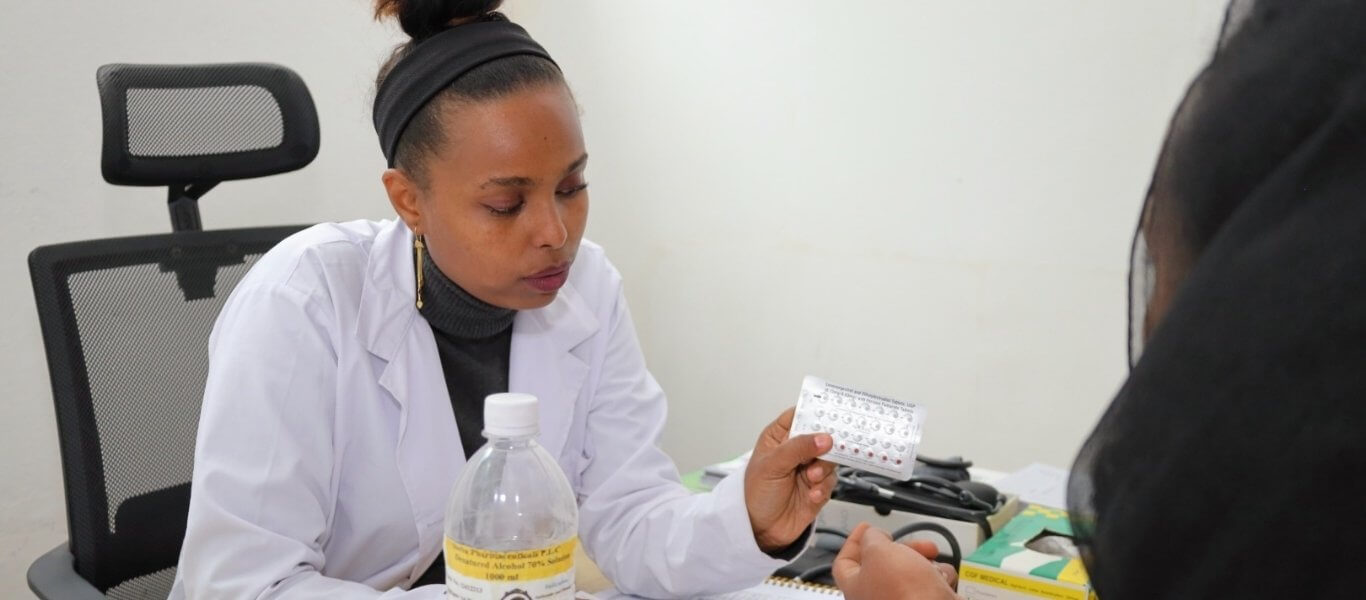
On World Contraception Day 2024, we need to focus on the significant unmet need for contraceptive services in Ethiopia. Based on a recent research which we have partnered with Guttmacher Institute, out of 27 million women of reproductive age in Ethiopia, 11.7 million (44%) want to avoid pregnancy, but only 7.2 million use modern contraceptives. This leaves 4.5 million women without effective family planning options. Concerningly, 4.4 million of these women do not use any contraceptive method, and 143,000 depend on traditional methods that are less effective.
This issue is especially serious for women from poor households, where 57% want to avoid pregnancy but lack access to modern contraceptives, compared to 26% in wealthier households. In rural areas, 42% of women face unmet needs, while only 22% do in urban areas. Meeting these needs could lead to a 90% drop in unintended pregnancies, reducing the total from 2.1 million to 219,000 annually. Furthermore, unplanned births could decrease from 1.2 million to 128,000, and abortions might fall from 571,000 to just 59,000. Addressing these issues could save 10,000 mothers each year and reduce newborn deaths by 85%. [Source: Guttmacher Institute]
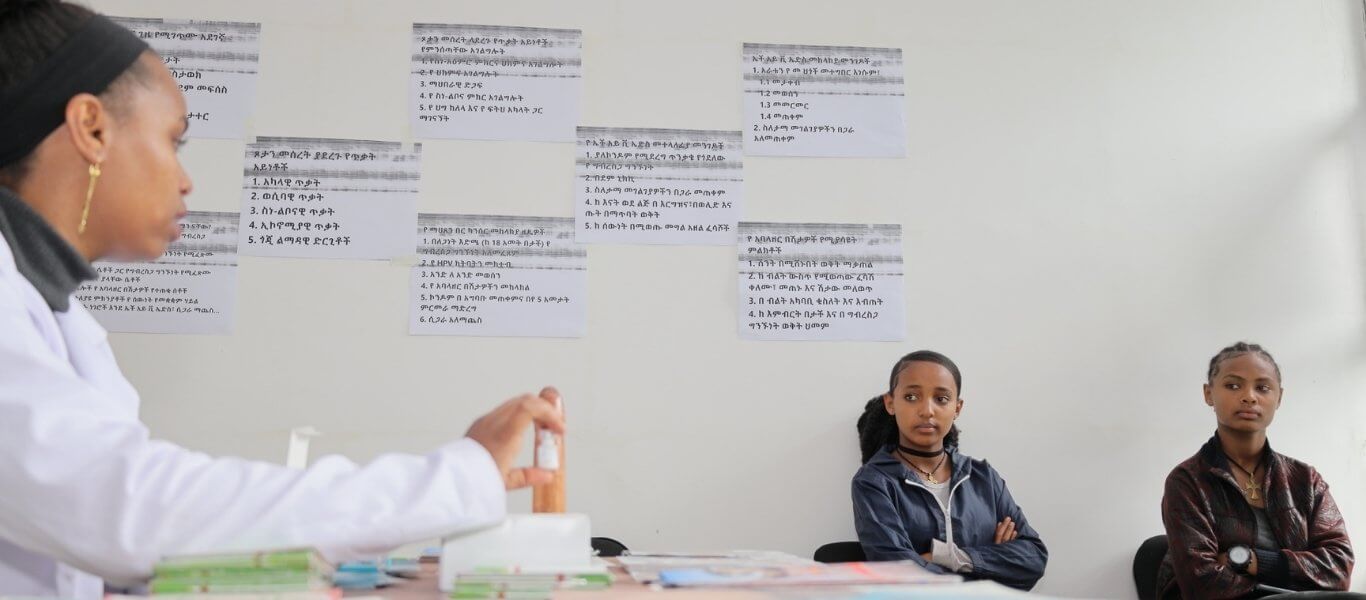
Adolescents and youth attending a regular sensitization program on contraceptive methods at Yeka Youth Center.
(Bereket A/TaYA, August 2023)
At TaYA, we emphasize the urgent need for better investment in adolescent and youth health, particularly through comprehensive sexual and reproductive health education and better allocation of funding towards contraceptive and family planning services.
In partnership with Amplify Change, our “Change – Championing Health Advocacy to Nurture Greater Effect” project works to increase funding for Adolescent and Youth Sexual and Reproductive Health (AYSRH) and Family Planning (FP) in Ethiopia. Over the next 12 months, we will continue to train parliamentarians on the importance of investing in these areas.
The Ethiopian government has committed to FP 2030, aiming to increase domestic funding for family planning. However, national health reports show that spending on reproductive health has decreased from 14% in 2010/11 to 8% in 2016/17 of the total health budget. Contrary to the rising demand for family planning, current funding levels are insufficient, leading to a 60% financing gap.
Through our Right Here Right Now – 2 program, we raise awareness about family planning options for out-of-school youth through training, peer learning, and community outreach.
Additionally, with the support of the USAID and Amref Health Africa, we provide youth-friendly health services at 20 service deliver points – 13 in Addis Ababa and 7 in Debre Birhan, under the USAID IYA Kefeta Project.
In Addis Ababa, our services are available in youth hubs (youth centers), industry parks, health centers (youth friendly health service corners), and higher education institutions. Our interventions include renovating facilities and supplying essential resources, as well as hiring young health service providers.
In Debre Birhan, we have also renovated youth hubs and established service corners in IDP (Internally Displaced People) sites to serve young people better.
Over the past three years, through the IYA Kefeta Project alone, we have reached more than 178,304 young people (males: 32,163, females: 146,141) aged 15-29 through our youth friendly health services. Among the 178,304 young people, over 72,050 were able to receive family planning services, which included both long-term and short-term modern contraceptive methods.
In centers with inadequate health service providers assigned by the health posts to the youth friendly health Service (YFHS) corners, our organization has recruited more than 20 health service providers, all under the age of 30. These providers include medical doctors, public health officers, nurses, and midwives. The inclusion of young health service providers has significantly helped attract more youth, allowing them to access services without hesitation, as many young people often feel discouraged from visiting YFHS corners staffed by adults.
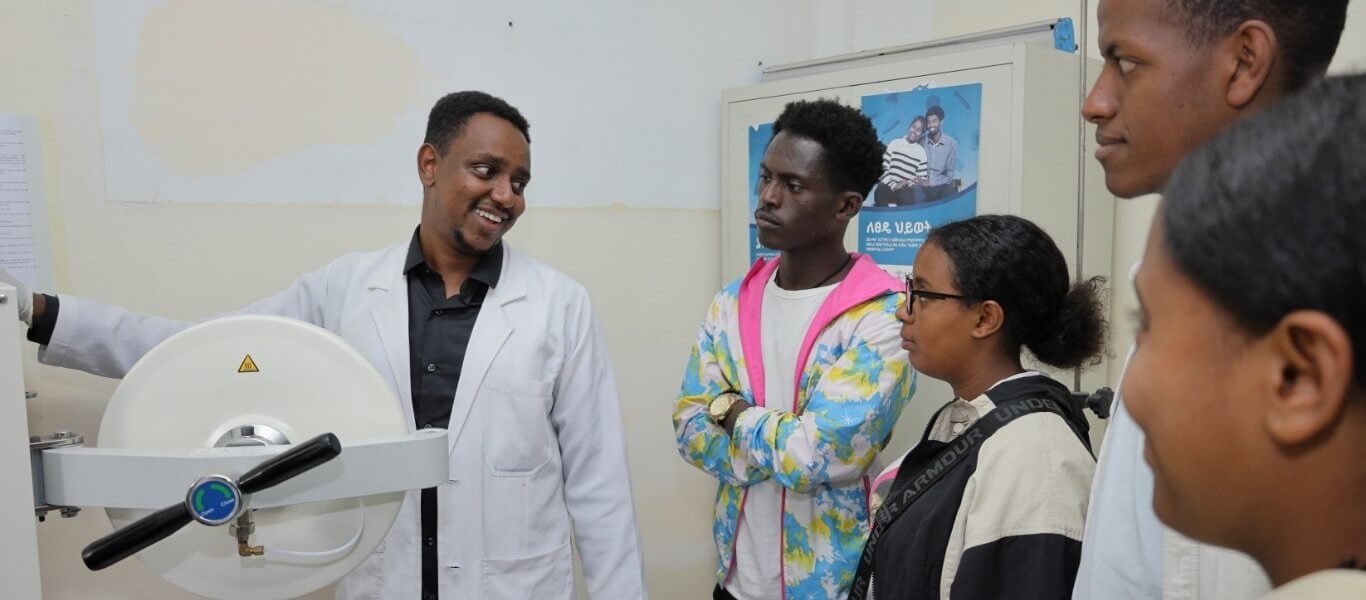
Dr. Absera Yared, a 27-year-old medical doctor, explaining how the Autoclave machine works to youth representatives visiting the Youth Friendly Health Corner at Goro Health Center. (Bereket A/TaYA, September 2024)
As we celebrate World Contraception Day, we at TaYA would like to express our dedication to improving access to contraceptives and reproductive health services. We believe that access to contraception is a human right, and every young person deserves age appropriate information and services to make informed decisions about their future, contributing to a healthier and more equitable society in Ethiopia.
-
- Fact Sheet: Adding It Up: Investing in Contraception and Maternal and Newborn Health in Ethiopia 2018
- News Release [External]: Improvements in Sexual and Reproductive Health Should Remain Priorities in Ethiopia, Guttmacher institute
- Link [External]: Ethiopia’s Commitment to FP20230
- Report [External]: State of World Population report 2024, UNFPA

